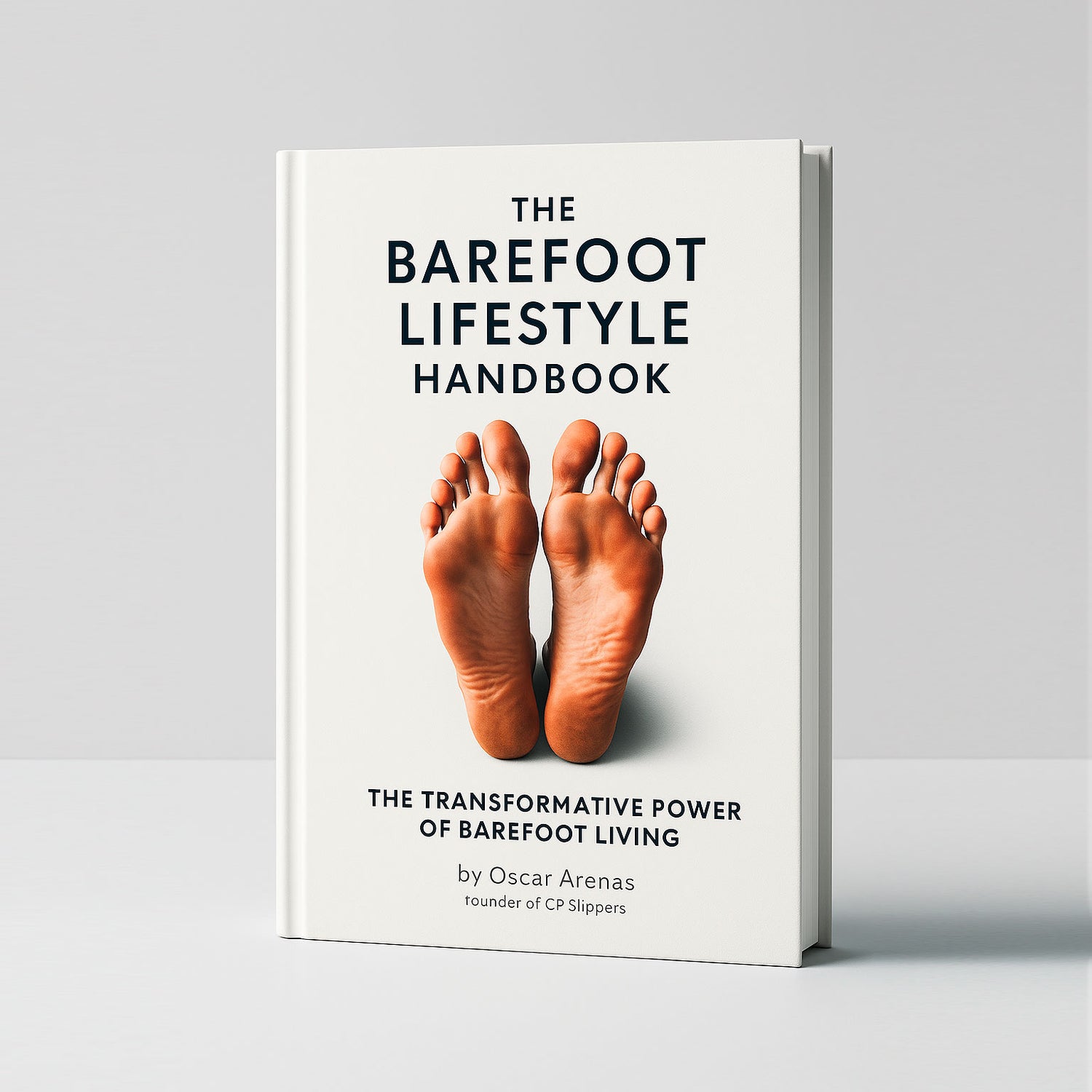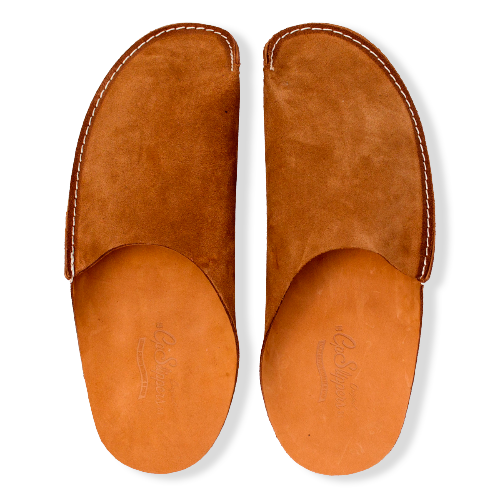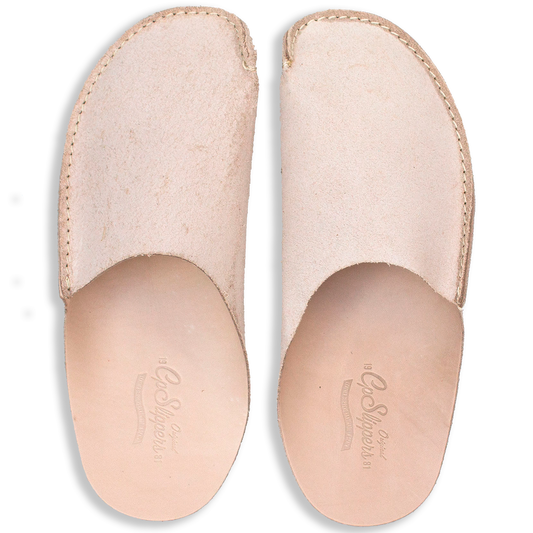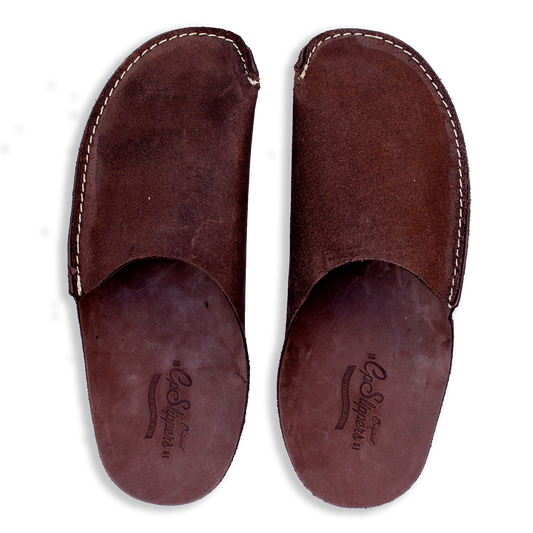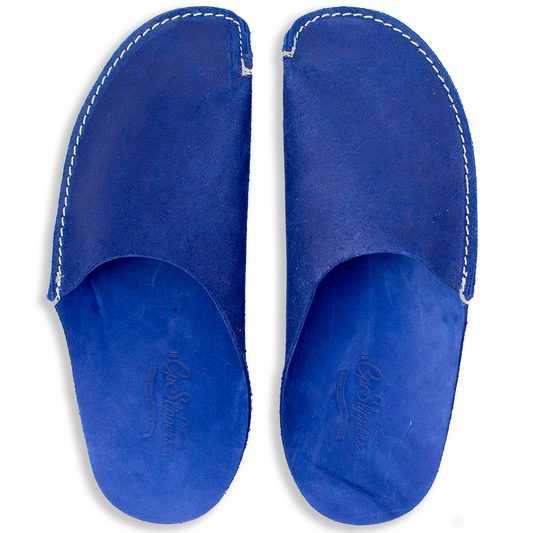Techniques and tips for adapting to a barefoot lifestyle.
Relearning the natural way to move
Most of us go through our daily routines without thinking about walking. Running barefoot, however, is a different story. That is quite another tale. It calls for a change in our view of movement itself as well as in our means of mobility. Released from cushioned soles and stiff support, our feet wake. They begin to feel once more, change, and react. And in that process we relearn something old: the art of walking as nature meant.
Why barefoot walking is different
Walking barefoot first seems unusual and perhaps uncomfortable to most people. This is because modern shoes have conditioned us to move in an abnormal manner. Thick soles force us to strike with our heels, strong and loud. Stiff midsoles reduce our range of motion. Raised heels change our center of gravity and posture.
By contrast, barefoot walking promotes a smaller, more effective gait. Our feet interact with the ground straightforwardly without the synthetic barrier of shoes. The body naturally moves toward a midfoot or forefoot strike, which lowers impact on joints and increases shock absorption through the muscles of the foot and lower leg.
Understanding the barefoot gait
Walking barefoot causes the entire body to adjust subtly but significantly. A good barefoot gait usually consists of this:
- Step lighter: There’s less impact on the heel and more of a gentle roll through the foot.
- Shorter strides: You take slightly shorter steps, allowing for more control and balance.
- Increased cadence: More steps per minute, which helps distribute force more evenly.
- Engaged arches: The foot’s natural structure activates, offering strength and springiness.
- Aligned posture: With no elevated heel, your spine stacks more naturally over your hips.
This motion is a beautiful, grounded movement, more like dancing with the Earth than like walking on top of it.
Transitioning safely to barefoot walking
Like most of us, you have spent your life in shoes; leaping directly into barefoot walking can cause irritation or damage. A slow change is therefore essential. Here is how to start:
- Begin on forgiving surfaces like grass, sand, or rubber tracks.
- Limit your sessions at first — try 10–15 minutes a day.
- Listen to your feet. Minor soreness is normal, but sharp pain is a signal to stop.
- Focus on form rather than speed or distance.
- Strengthen your feet with exercises like toe spreads, calf raises, and balance drills.
The shift is mental as much as physical. Pay close attention to its feel. Feel the subtle nuances of the textures beneath your feet. Ground temperature: the link.
The benefits of walking without shoes
Walking barefoot has actual, long-lasting advantages rather than only novelty:
- Better balance and coordination through improved sensory feedback.
- Stronger foot muscles due to increased engagement.
- Reduced joint impact, especially in knees and hips.
- Improved posture by encouraging a more upright, natural alignment.
- Greater mindfulness, thanks to increased awareness of each step.
Many barefoot walkers claim less injuries, more comfort when jogging or walking, and better body control with time.
A return to simplicity
Walking what contemporary footwear has taught usadical and familiar. One could argue that it goes against all contemporary footwear has taught us. Conversely, it reminds us both practically and physically of our roots.
It's not about totally shunning shoes. It's about recovering the capacity for natural, free, and deliberate movement wIt serves as a gentle reminderefoot walking is a calm, grounding technique in a noisy, fast environment. A gentle warning to calm down. To feel. To connect.


